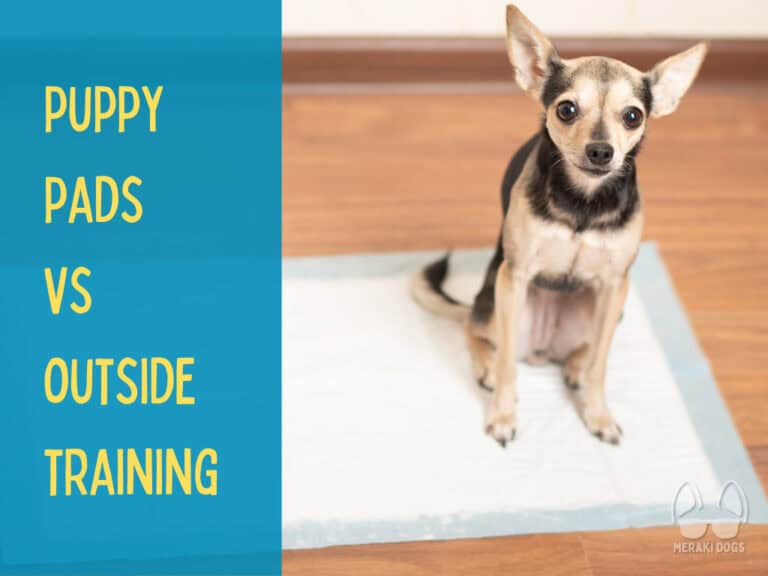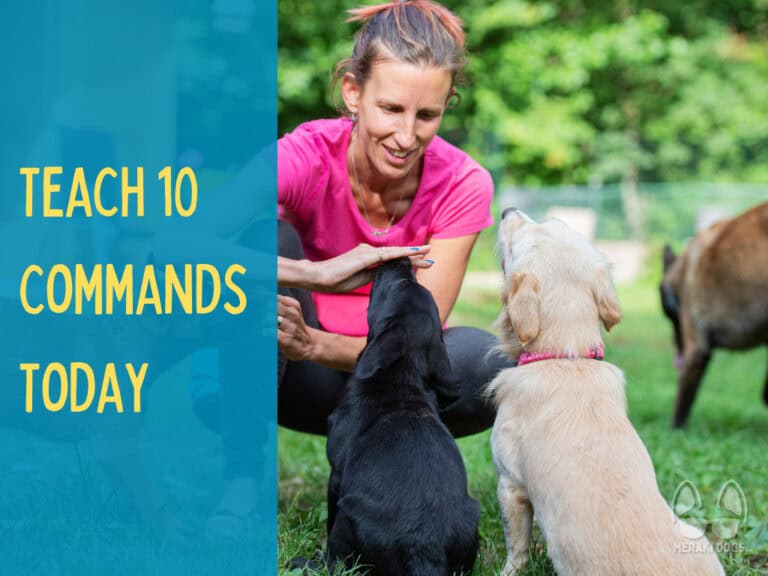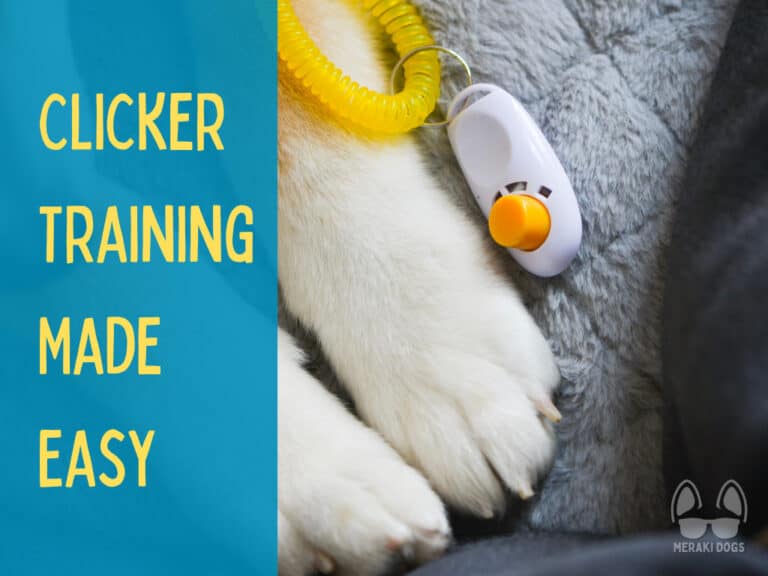Puppy Training Schedule: Ultimate 8-Week Plan for Success

Training a puppy can be overwhelming, but having a structured schedule can make the process smoother and more effective. This post aims to provide a comprehensive week-by-week puppy training schedule to help you and your pup develop good habits and behaviors.
Key Takeaways:
- Understand the importance of a training schedule.
- Learn age-appropriate training goals.
- Follow a detailed week-by-week plan for puppy training.
Why a Training Schedule is Important
A structured training schedule is essential for developing consistency and good habits in your puppy. Consistency helps your puppy understand what is expected of them and reinforces positive behaviors. A schedule also helps in systematically addressing different training aspects, making the overall process more manageable.
Setting Realistic Goals
Setting realistic, age-appropriate goals is crucial for your puppy’s training success. Puppies have different learning paces and temperaments, so it’s important to tailor the schedule to fit their individual needs. Understand that some training milestones may take longer to achieve, and adjust your expectations accordingly.

Week-by-Week Puppy Training Schedule
This week-by-week training plan serves as a basic guideline for those who may feel lost or overwhelmed by the training process. It outlines key focus areas and activities for each week to help you systematically train your puppy.
Week 1: Getting Started
- Focus Areas: Potty training, crate training, and bonding.
- Activities:
- Establish a potty training routine.
- Introduce the crate and make it a positive space.
- Begin engagement and focus exercises.
- Teach the puppy communication skills, such as marker training.

Week 2: Socialization and Handling
- Focus Areas: Socialization, handling, and grooming.
- Activities:
- Continue potty and crate training.
- Increase socialization with other dogs and different environments.
- Practice handling exercises (touching paws, ears, grooming).
- Introduce collar and leash, if not already.
Week 3: Basic Obedience
- Focus Areas: Building on basic commands, socialization.
- Activities:
- Continue practicing potty and crate training.
- Practice “sit” and “come” with increased duration and distractions.
- Begin “stay” and “down” commands.
- Introduce the puppy to new people and environments.
Week 4: Reinforcing Basic Commands
- Focus Areas: Reinforcement of basic commands, impulse control.
- Activities:
- Reinforce all previously learned commands.
- Practice “leave it” and “drop it” commands.
- Engage in structured play to practice impulse control.
- Continue socialization with varied experiences.
Week 5: Advanced Obedience and Play
- Focus Areas: Advanced obedience, structured play.
- Activities:
- Introduce advanced commands like “heel” and loose leash walking.
- Continue practicing “leave it” and “drop it” commands.
- Engage in more complex structured play to further practice impulse control.
- Continue socialization in varied environments.

Week 6: Confidence Building
- Focus Areas: Confidence building, advanced training.
- Activities:
- Introduce trick training for fun and engagement.
- Practice recall in safe, off-leash environments.
- Continue socialization in new environments (e.g., pet-friendly stores).
- Reinforce all learned commands with increased distractions.
Week 7: Fine-Tuning and Consistency
- Focus Areas: Fine-tuning commands, consistency in training.
- Activities:
- Continue reinforcing all commands with increased distractions.
- Work on areas needing improvement based on your puppy’s progress.
- Practice longer training sessions with breaks for play and rest.
- Maintain a consistent routine to solidify behaviors.
Week 8: Independence and Maintenance
- Focus Areas: Encouraging independence, maintaining training.
- Activities:
- Gradually increase your puppy’s independence (e.g., alone time in a safe space such as a crate).
- Continue regular practice of all commands and behaviors.
- Introduce new challenges to keep training engaging and fun.
- Maintain a balance of training, socialization, and play.

Tips for Successful Training
Consistency and Patience
Regular practice and patience are crucial for successful training. Adjust the schedule based on your puppy’s progress, understanding that some puppies may take longer to master certain commands and behaviors.
Adaptability
Be flexible and adjust the schedule as needed. Each puppy is unique and may progress at a different pace. Tailor the training plan to fit your puppy’s individual needs and temperament.
Conclusion
Training your puppy with a structured schedule helps develop good habits and behaviors. By following this week-by-week puppy training schedule and staying consistent, patient, and positive, you can help your puppy grow into a well-behaved adult dog.
For more tips and personalized guidance, sign up for our newsletter and join the waiting list for our upcoming dog training course.






